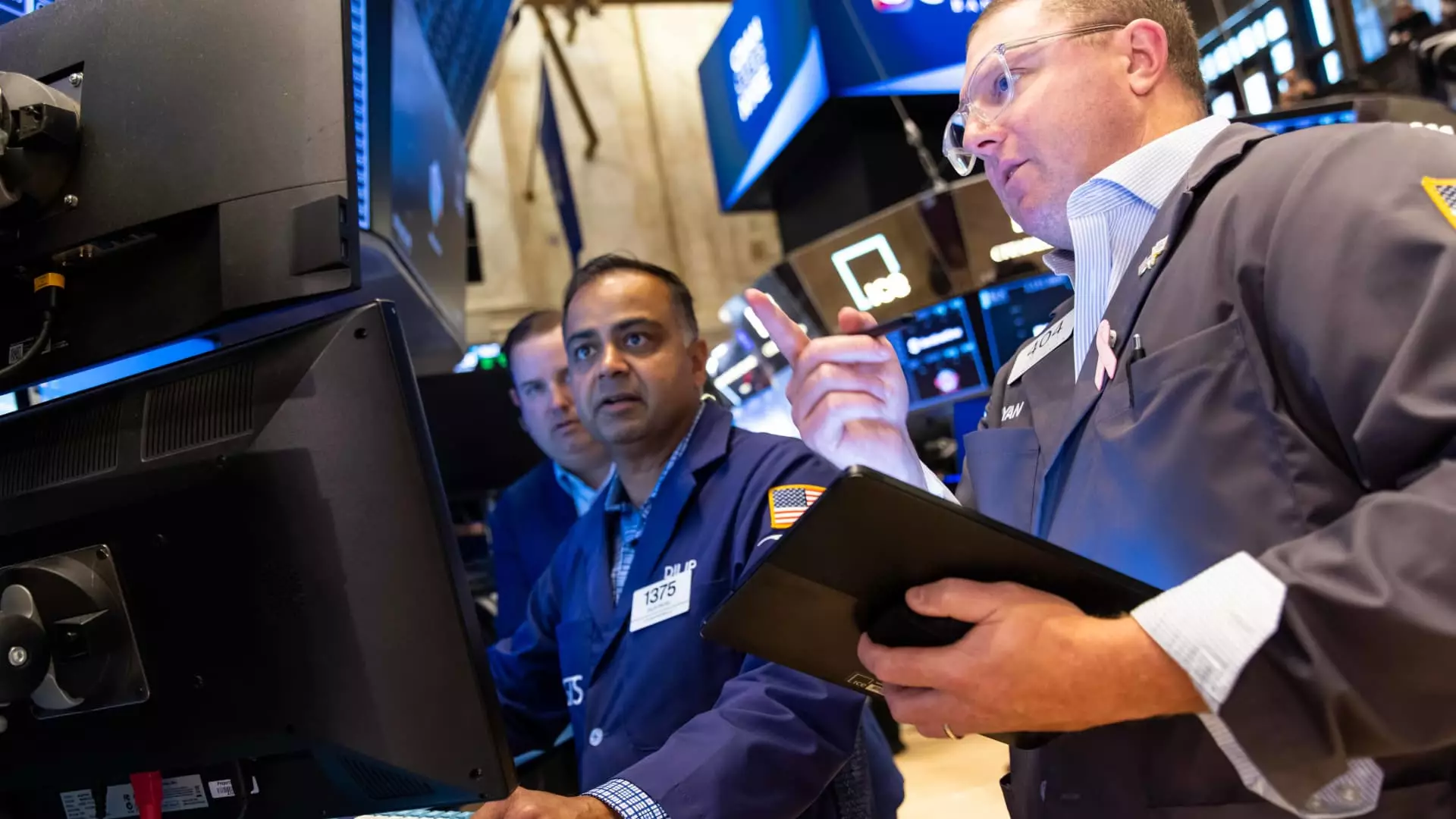The recent enthusiasm surrounding international stocks, particularly in developed and emerging markets, is presented as a beacon of hope amid a turbulent global economy. JPMorgan’s optimistic outlook suggests that these markets will sustain their momentum and potentially outperform U.S. equities in the second half of the year. However, a critical examination reveals a layer of unwarranted complacency embedded within this narrative. While the data shows robust gains in international ETFs—over 17% for developed markets and a similar rally in emerging markets—this growth may be more reflective of a rebound from prolonged undervaluation than a sustainable trend.
In truth, many international markets still grapple with structural vulnerabilities, geopolitical tensions, and policy uncertainties. The assumption that these markets can simply catch up, especially in regions like Japan and India, does not fully account for their ongoing economic fragility or the potential for renewed downturns. The notion of “normalization” of U.S. exceptionalism might sound appealing, but it risks downplaying the persistent dominance of U.S. innovation, consumer strength, and monetary policy resilience. Relying heavily on these international markets as the next growth frontier could be a dangerous overreach, masking deeper vulnerabilities that may surface once short-term catalysts fade.
The Myth of a Weakening U.S. Dollar and Its Implications
The expectation of a depreciating U.S. dollar is another component of the optimistic outlook. While some analysts point to elevated dollar levels and shifting global drivers, this outlook underestimates the intricate role of the dollar in international finance and geopolitics. A weaker dollar could indeed support non-U.S. assets, but it also risks inflating global commodity prices and reaccelerating inflationary pressures, which could force the Federal Reserve into a more aggressive tightening cycle. That scenario introduces additional volatility that investors should approach with caution.
Moreover, a declining dollar does not automatically translate into sustained international growth; it could spur capital flight from emerging markets, destabilize trade balances, and erode global investor confidence. The narrative of a straightforward depreciation overlooks the complex web of forex influences and the potential for unintended consequences, especially in a politically polarized climate where tariffs and sanctions are likely to further complicate international economic relations.
The Limitations of the “AI Boom” and the Overhyped Tech Narrative
Artificial intelligence undoubtedly represents a transformative force, yet the current market fascination risks bordering on fetishism. While JPMorgan recognizes the differentiation within AI beneficiaries and underscores the emerging next phase beyond the “Magnificent Seven,” it underestimates the fragility of this exuberance. Earnings growth projections for major tech players, including those heavily invested in AI, are already decelerating, signaling that the hype may be disconnected from tangible financial fundamentals.
Furthermore, positioning AI as a universal growth driver ignores the significant hurdles that lie ahead—whether regulatory restrictions, technological hurdles, or societal pushback against automation and data privacy. The idea that AI will seamlessly cascade into sectors like utilities and industrials might be an overly optimistic view—one that glosses over the risks associated with disruption, overcapitalization, and market saturation. It’s a classic case of narrative-driven investing, where stories of innovation are mistaken for guaranteed growth.
The Fallacy of Continuous Market Expansion in a Complex World
What ultimately emerges from a sober analysis is a recognition of how precarious reliance on optimistic narratives can be. The current market environment is not fundamentally resilient but rather, vulnerable to a confluence of geopolitical, macroeconomic, and technological uncertainties. The complacency embedded in these projections dismisses the reality that markets are inherently cyclical and prone to shocks, especially in an era marked by trade wars, inflationary pressures, and social unrest.
The assumption that international markets will “catch up” or that AI-driven gains will be broad-based fails to grapple with the depth of structural issues that could derail these trajectories. As investors, we must scrutinize not just the data pointing to gains, but also the underlying assumptions that fuel these forecasts. Blind faith in perpetual momentum and technological optimism can blind us to the very vulnerabilities ready to surface once the current storylines lose their luster. In a world fraught with complexity, true adaptability lies in questioning these narratives rather than accepting them at face value.

Leave a Reply